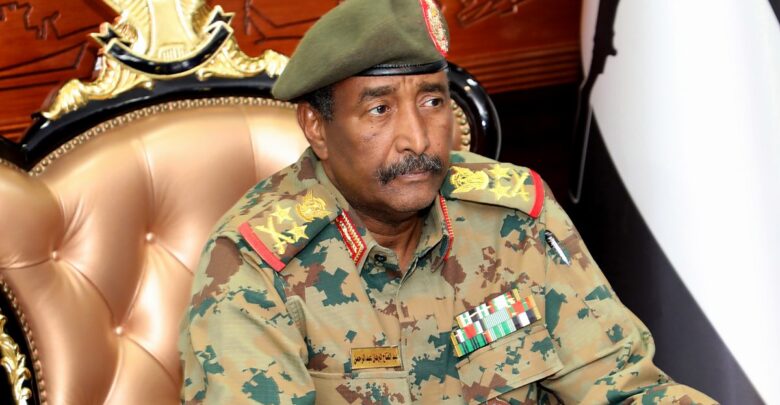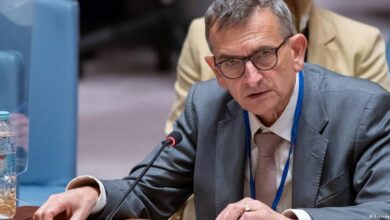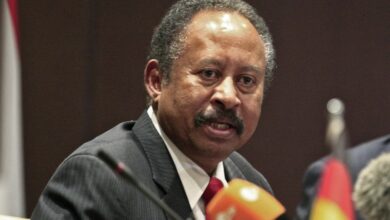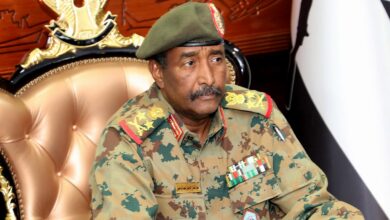Sudan
Sudanese Foreign Ministry Rejects Western Criticism Of Arrests As ‘Blatant Interference’

The Sudanese Foreign Ministry on Friday denounced the criticism of the arrest of two high-profile former officials, who opposed the military rule and were charged with corruption, by western countries, reported Arab News.
The ministry said the Western criticism was contrary to diplomatic norms and practices.
“This is a blatant interference in Sudan’s internal affairs and contrary to diplomatic norms and practices,” the Sudanese foreign ministry said in a statement.
Khalid Omer Yousif and Wagdi Salih, who were arrested on Wednesday, have been accused of corruption and opposing military rule. The two were reportedly involved in a task force that seized assets from members of ousted President Omar Bashir’s regime that have come under criticism from the military.
The ministry said the two citizens were detained based on clear criminal suspicion and not as a result of any political charge or motive.
Several Western countries and institutions including the United States, the United Kingdom, Canada, and the European Union (EU), have voiced alarm over forceful political detention in Sudan.
In a joint statement, the nations and the entities have denounced the targeting of political leaders, civil society activists, journalists, and humanitarian workers by Sudanese authorities.
“The Troika (Norway, the United Kingdom, and the United States of America), Canada, Switzerland, and the European Union are alarmed by the February 9 arrests and detentions of several high-profile political figures,” the joint statement said. “We condemn this harassment and intimidation on the part of Sudan’s military authorities.”
They have condemned the arrest of the political opponents and called for the immediate release of all who were unjustly detained. The countries have urged the Sudanese authorities to discontinue them.
The nations also stressed the lifting of the state of emergency, which was imposed at the moment of the military takeover on October 25 last year. The coup ended a deal between the military and civilian political parties, plunging Sudan into turmoil, with frequent nationwide demonstrations against the coup.






